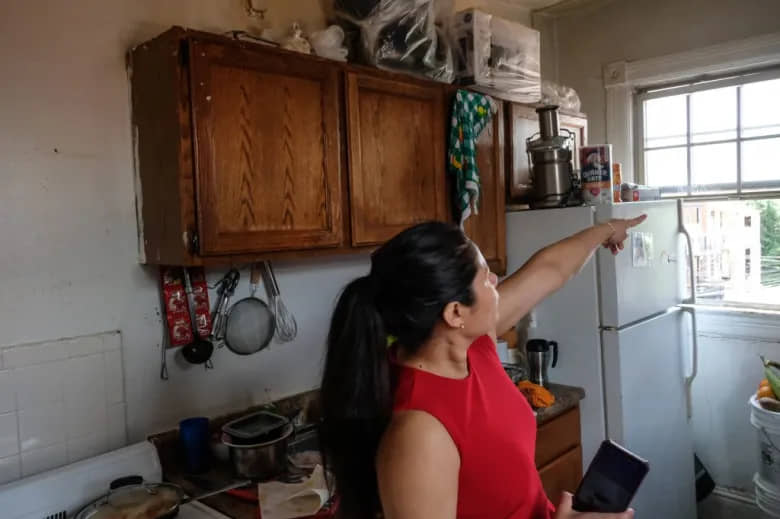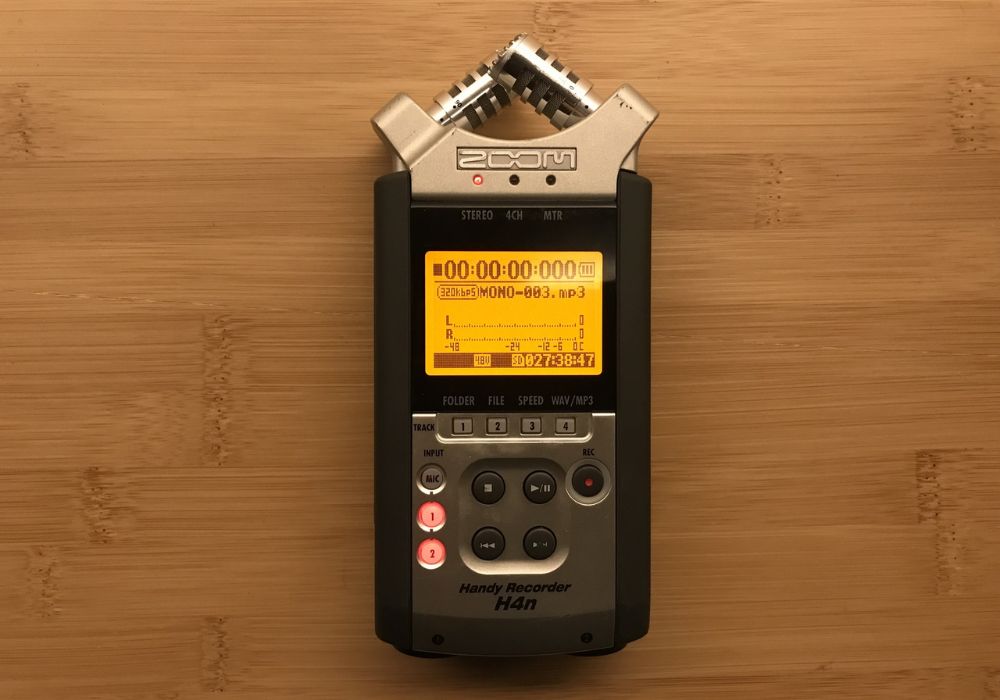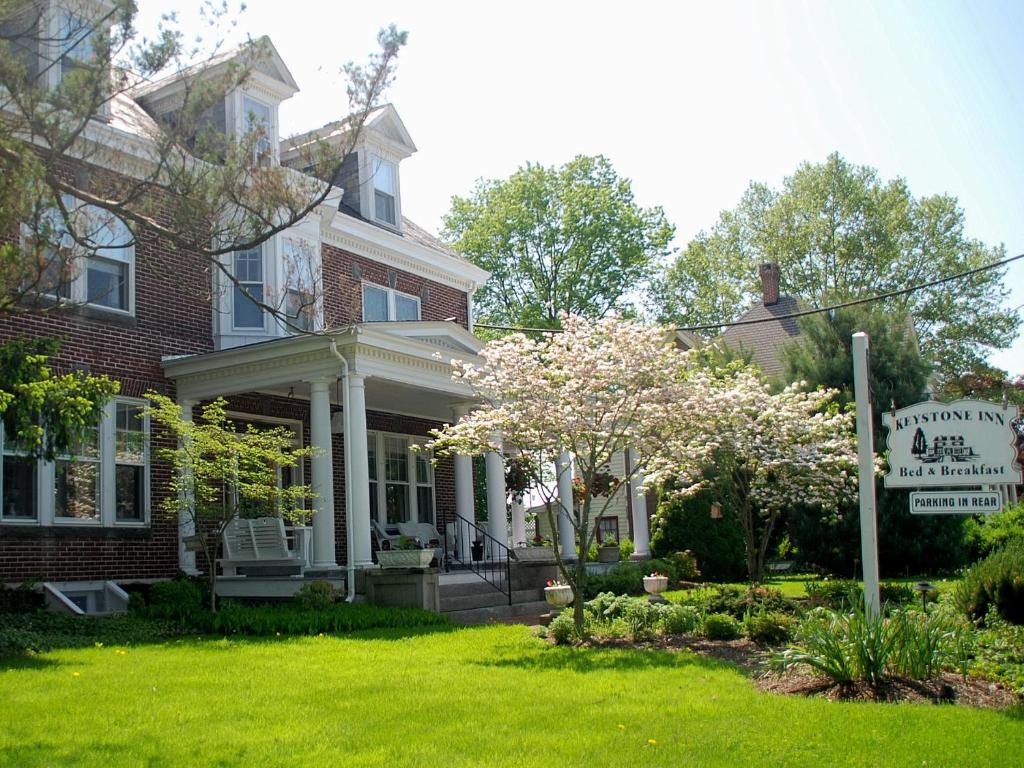Having overnight guests is a common occurrence for many tenants. However, landlords may take issue with guests depending on the circumstances.
In this article, we will explore a tenant's rights regarding overnight guests and the situations where a landlord can potentially evict a tenant.
Can a Landlord Prevent Me from Having Any Overnight Guests?
Generally, no - a landlord cannot outright prevent a tenant from having any overnight guests. As a tenant, you have the right to privacy and peaceful enjoyment of your rented home. However, landlords may reasonably restrict overnight guests through lease agreement terms regarding noise disturbances, unauthorized occupants, or maximum capacity rules.
As long as a tenant abides by their lease, landlords cannot ban all overnight visitors.
What Are the Legal Limits on Restricting Guests?
Landlords are restricted from enforcing guest policies that violate civil rights laws. Rules cannot discriminate based on attributes like race, family status, religion, or gender. Landlords also must comply with state and local tenant laws protecting quiet enjoyment of the rental. Occupancy limits determined by building codes also restrict landlords from imposing stricter guest caps.
While landlords can reasonably limit guests, any policies must comply with fair housing and safety regulations.
Related: Can A Landlord Kick You Out For No Reason?
Can a Landlord Evict Me for Excessive Noise from Guests?

Yes, excessive noise caused by overnight guests that disturb neighboring tenants can be grounds for eviction. Most leases contain language prohibiting excessive loud noises from tenants or visitors that disrupt the quiet enjoyment of others.
If complaints are regular and the tenant does not correct the issue after warnings, landlords may begin eviction proceedings citing lease violations.
Tenants are responsible for ensuring their guests comply with rules around noise and disturbances.
Can Guests' Behavior Lead to My Eviction?
If a tenant's guests demonstrate disrespectful, disruptive, dangerous or illegal behavior on the rental property, it could result in the tenant facing eviction.
Leases typically prohibit tenants and visitors from engaging in activities that pose risks to health, safety, or damage the premises. Repeated or serious misconduct from guests reflecting poorly on the tenant may be cause for eviction if the problem is not addressed.
Tenants are legally responsible for their guests' conduct on the landlord's property.
Does Subletting to Guests Allow Eviction?
Yes, using your rental unit to effectively sublet to long-term guests without landlord approval allows eviction.
Most leases ban unauthorized subletting as it constitutes use of the property for unapproved business purposes. If guests essentially take on features of permanent residents without going through proper screening, it violates the terms of tenancy.
Landlords have grounds to evict tenants for unacceptable subletting arrangements posed as extended guest visits.
Can Frequent Overnight Guests Result in My Eviction?
Frequent but short-term overnight guest occupancy on its own may not warrant eviction. However, if guests essentially take up permanent residence without approval for an extended period, landlords have justification to evict tenants for breaching the terms of the lease.
Tenants must ensure their living arrangement complies with maximum occupancy limits and does not constitute an unauthorized change to the approved tenant composition.
Frequent long stays by the same guests risks being seen as an unacceptable amendment to the leaseholder agreement.
Conclusion
In conclusion, while tenants have a general right to have overnight guests, landlords can evict those who violate reasonable terms regarding guest conduct, noise disturbances, maximum occupancy or effectively sublet the rental to long-term visitors.
Tenants must abide by lease provisions and ensure their guests do not compromise the safety, security or enjoyment of the rental property according to the approved terms of tenancy.





